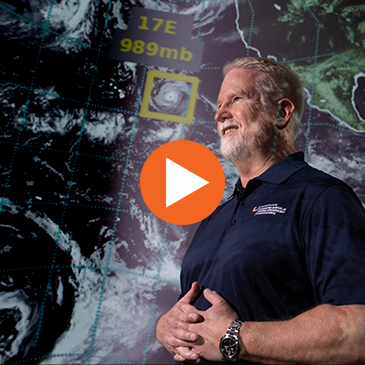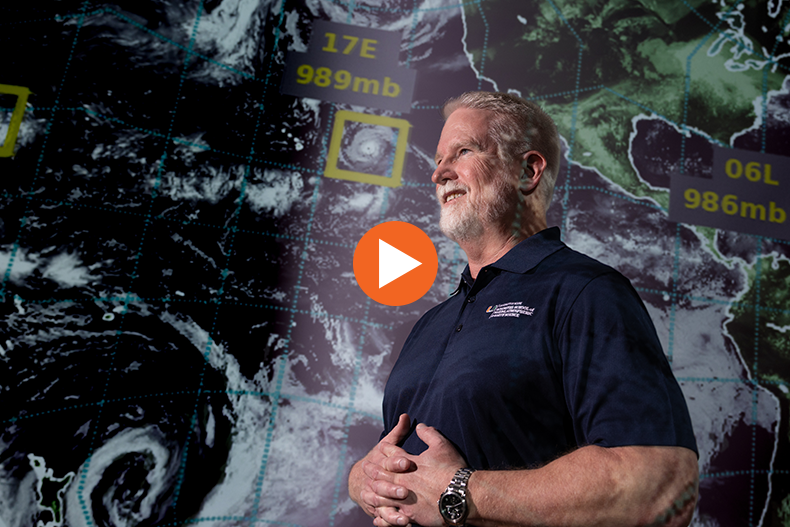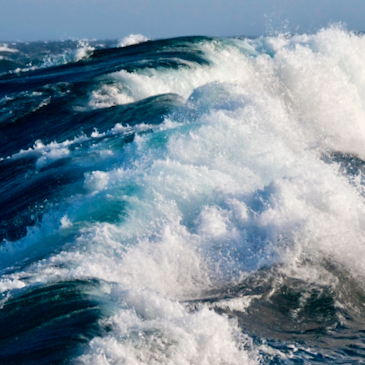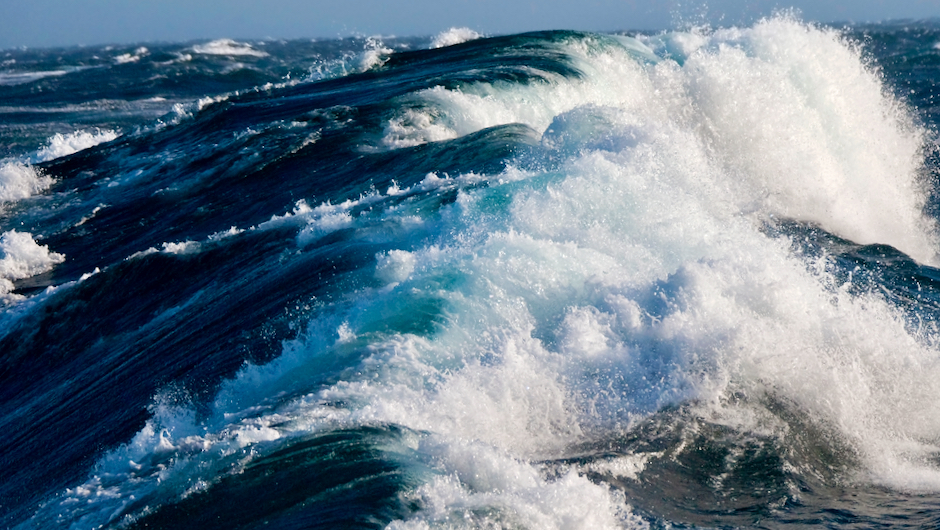Topic: CIMAS
As a busy hurricane season looms, new forecast model in the eye
A record 17 to 25 named storms have been predicted for the 2024 Atlantic hurricane season, with 8 to 13 of them becoming hurricanes. A new forecast model jointly created by researchers at NOAA and the University of Miami will provide better diversity of prediction tools.
Warming of Antarctic deep-sea waters contribute to sea level rise in North Atlantic, study finds
Analysis of mooring observations and hydrographic data suggest the Atlantic Meridional Overturning Circulation deep water limb in the North Atlantic has weakened. Two decades of continual observations provide a greater understanding of the Earth’s climate regulating system.
Groundbreaking study reveals extensive Leatherback turtle activity along U.S. coastline
Study is the first to identify the U.S. Atlantic coast as a significant region of feeding grounds for endangered leatherbacks migrating along the east coast of the United States.
New mapping method uses sustained observations to estimate AMOC at 22.5°S
Changes in the Atlantic Meridional Overturning Circulation (AMOC) and its transport of heat can affect climate and weather patterns, regional sea levels, and ecosystems.
South Florida’s nearshore reefs less vulnerable to Ocean Acidification, study finds
Results offer a glimmer of hope as climate change impacts coral reefs worldwide











